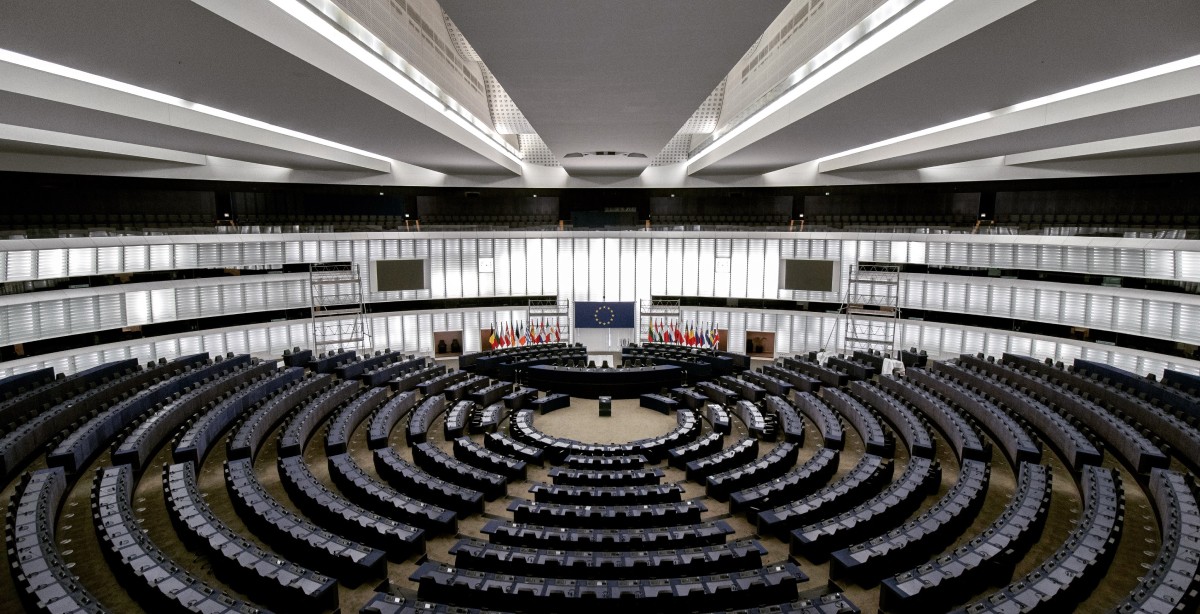The Spanish government has requested the European Union to approve Catalan, Basque and Galician as new official languages of the European Union in 2023. In the case of Galician, this would officially take no advantage of the relationship of closeness with Portuguese, a relationship that has allowed until today the daily use of our language variety by Galician representatives in the European institutions, a practice that began in 1996.
We thought portuguese could be our best ally in getting the existence of Galician to be officially recognized. Including migrants in Europe, our language has more than 17 million speakers in the European Union as a whole.

In the European Union there is a previous case in which two versions of the same language were accepted to include speakers of two local flavours with a certain degree of autonomy; this is the case of Austrian German and High German.
In 1994, a linguistic protocol was published as part of Austria's EU accession treaty, allowing Austrians to introduce the local variety of their language and officially use their own terminology.
As a result, a window of opportunity was opened in 1994 for other linguistic varieties connected to a language already official in the EU, as could be the case of Galician in relation to what is internationally known as Portuguese.
In this way the linguistic rights that we already enjoy as Galician speakers through Portuguese in the EU could be extended for all purposes through the same formula, or similar, to the one that Austrians have used to recognise their language variety within German, and thus the EU could recognise the existence of a Galician variety of Portuguese.
This applied to European Portuguese would consist of recognising our Galician variety, with Galician forms being officially admitted. These forms would be mainly related to the specific lexicon of our land and not exclusively.
In the case of Galician, it could be applied to administrative terminology, Galician civil law, agriculture and fishing, as well as other Galician forms which bring together "our way" of being and speaking.

Hence, in view of the Spanish proposal for greater official recognition of Galician in the European Union, we, the undersigned, hereby request:
To the Galician and Spanish institutions to take the necessary steps to ensure that the Spanish Government allows Galician documentation to be sent to the European Union in Galician or Portuguese with the necessary spelling adjustments.
To the Spanish Government, to support the recognition of a Galician variety of the language internationally known as Portuguese, promoting the approval of its legal status by the European Union.
To the European institutions to officially recognise the existence of a Galician variety of Portuguese.
To the academies, associations and entities committed to Galician, we ask them to work together with each other and with the EU for the recognition of the Galician variety of Portuguese in Europe.
We ask the same entities to collaborate with this initiative in terms of specific, technical lexicon and grammatical or oral nuances, with the intention of defining the genuine forms that conform the Galician variety of Portuguese with the right way that corresponds to one language of Latin culture.
